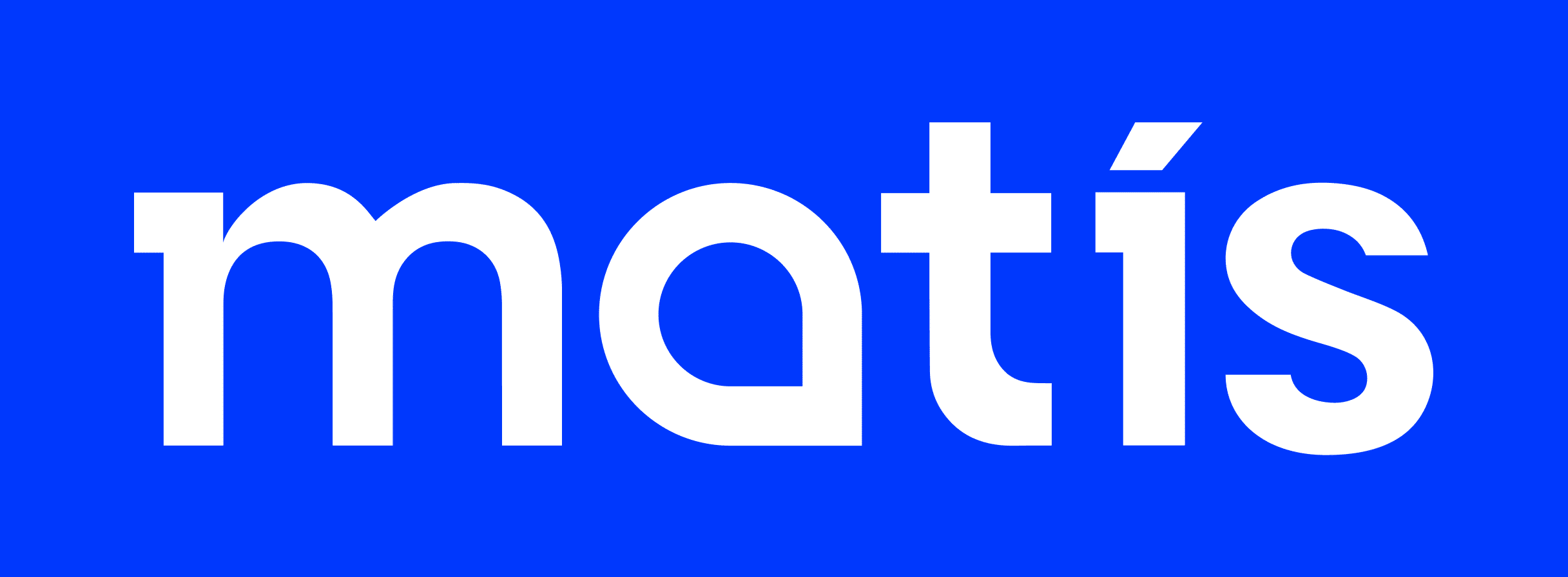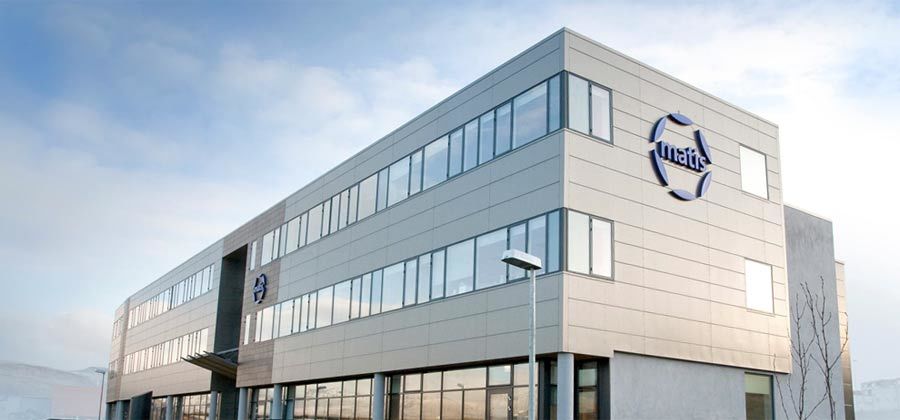An article by three Matís employees, published in the September issue of the Journal of Food Science, discusses research on the effects of freezing and cold storage on the quality of herring fillets in terms of protein processing.

The use of proteins as auxiliaries in food production is extensive, but they play a variety of roles, such as binders, emulsifiers, etc. The most common proteins are soy protein and various milk proteins. The fishing industry has done little to innovate in this field and fish proteins for use in the food industry have hardly been available. This is especially true of proteins from dark, high-fat fish species such as herring and capelin.
A recent method of isolating fish protein, which makes it possible to remove unwanted fats and elements that affect color and odor, can change this situation and thus make it possible to process protein from pelagic fish.
The study reported in JFS examined in particular the effect of freezing and cold storage at -24 ° C on protein solubility and protein viscosity. It turned out that there were various undesirable changes in the properties of proteins during cold storage, and the authors conclude, among other things, that the raw material should not be stored for more than three months in the freezer before it is used for protein processing to ensure good yields.
The authors of the article are Margrét Geirsdóttir, Guðjón Þorkelsson and Sjöfn Sigurgísladóttir. They all work for Matís, but in addition to them, Harpa Hlynsdóttir, a food scientist at Sýn ehf, is the co-author of the article, but she previously worked for IFL.
The research on which the article is based was funded by the Nordic Industrial Development Fund, Rannís and the EU SEAFOODplus cluster project. Read the article




